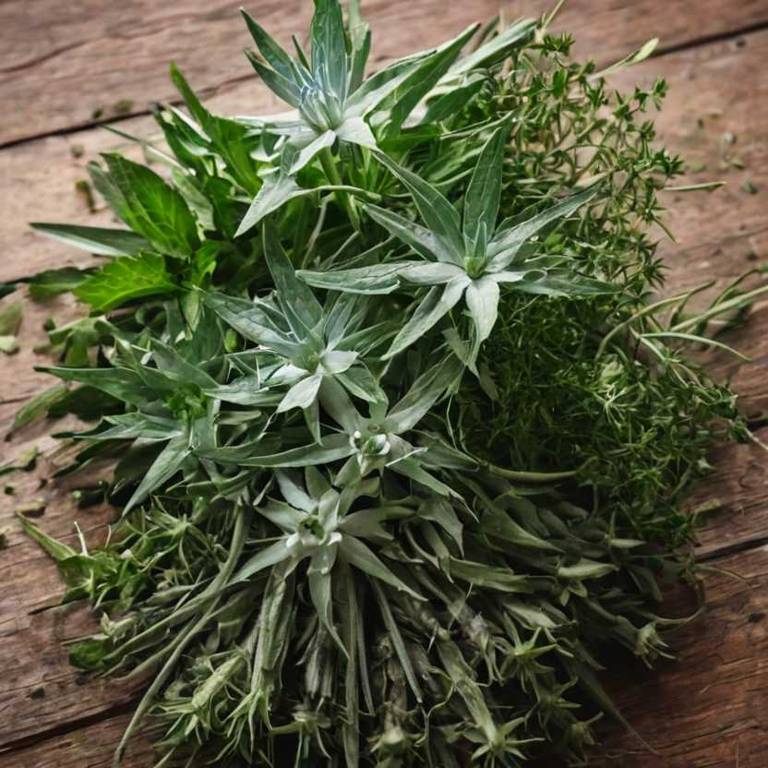Agave Americana: What To Know Before Using It For Medicinal Purposes

Agave americana, commonly known as the American century plant, has been traditionally used for its medicinal properties across various cultures.
The plant contains a variety of bioactive compounds, including saponins, mucilage, and alkaloids, which contribute to its therapeutic potential. It has been historically employed to treat ailments such as digestive disorders, skin conditions, and respiratory issues due to its anti-inflammatory and antimicrobial effects. Recent studies suggest that Agave americana may also support wound healing and exhibit antioxidant properties.
However, it is important to note that while it has traditional uses, further scientific research is needed to fully validate its medicinal efficacy and safety.
Health Benefits
Agave americana has several health benefits, such as its high content of inulin, a prebiotic fiber that supports gut health by promoting the growth of beneficial bacteria.
It also contains antioxidants that help reduce oxidative stress and inflammation in the body. The plant is known for its use in natural sweeteners, which can be a lower glycemic alternative to refined sugars for those managing blood sugar levels. Additionally, agave has been studied for its potential anti-inflammatory and antimicrobial properties.
Overall, Agave americana offers a range of nutritional and therapeutic benefits that make it a valuable addition to a healthy diet.
10 Best Health Beneift of Agave americana
Bioactive Constituents
Agave americana has several bioactive constituents, such as saponins, flavonoids, and alkaloids, which contribute to its medicinal properties.
These compounds exhibit antioxidant, anti-inflammatory, and antimicrobial activities, making the plant a valuable source for natural therapeutic applications. Saponins, in particular, are known for their ability to enhance immune function and reduce cholesterol levels. Flavonoids found in Agave americana also support cardiovascular health and may help in the management of diabetes.
Alkaloids from this plant have shown potential in treating various ailments, including pain and inflammation, further highlighting its significance in traditional and modern medicine.
Medicinal Preparations
Agave americana has several medicinal preparations, such as teas, tinctures, and topical salves, that have been used for centuries in traditional medicine.
The plant's sap, known as aguamiel, is often fermented to create a sweet beverage, but it is also used in poultices to treat wounds and skin infections due to its antimicrobial properties. A popular preparation is the agave tea, made by steeping the leaves or roots in hot water, which is believed to aid in digestion and reduce inflammation. Tinctures made from the plant's leaves are used to support liver function and detoxification.
Additionally, the gel extracted from the plant's pulp is applied externally to soothe burns and promote healing.
Side Effects
Agave americana can have some side effects, such as gastrointestinal discomfort, including nausea, vomiting, and diarrhea, particularly when consumed in large quantities.
The plant contains high levels of saponins, which can irritate the digestive tract and lead to abdominal pain. Ingesting the sap or raw leaves may also cause skin irritation or allergic reactions in some individuals. Long-term consumption of agave products, especially those with high fructose content, may contribute to metabolic issues like insulin resistance and weight gain.
Additionally, there have been reports of liver toxicity in animals, though more research is needed to confirm its effects in humans.